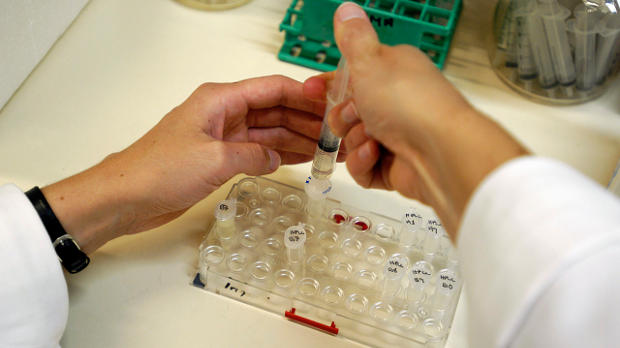 WIKIMEDIA, JOHANNES JANSSONA Congressional panel tasked with investigating the issue of fetal tissue research has issued a dozen subpoenas to researchers, medical organizations, and abortion providers. The House Select Investigative Panel on Infant Lives was launched in the wake of the now-infamous undercover videos that purported to show Planned Parenthood officials trying to illegally profit from the sale of fetal tissues destined for research. The videographers of that footage were recently indicted in Texas, but the House of Representatives investigation is ramping up—with legislators on the panel compiling lists of researchers in the fetal tissue research field—much to the dismay of research advocates and abortion rights groups.
WIKIMEDIA, JOHANNES JANSSONA Congressional panel tasked with investigating the issue of fetal tissue research has issued a dozen subpoenas to researchers, medical organizations, and abortion providers. The House Select Investigative Panel on Infant Lives was launched in the wake of the now-infamous undercover videos that purported to show Planned Parenthood officials trying to illegally profit from the sale of fetal tissues destined for research. The videographers of that footage were recently indicted in Texas, but the House of Representatives investigation is ramping up—with legislators on the panel compiling lists of researchers in the fetal tissue research field—much to the dismay of research advocates and abortion rights groups.
The American Congress of Obstetricians and Gynecologists was one of the loudest voices descrying the investigation. “Unfortunately, some state and federal politicians are working hard to obstruct—or even criminalize—fetal tissue research, limiting the ability of scientists and researchers to develop new vaccines and medicines to prevent and treat disease,” the group said in a statement posted last week (March 30).
The panel’s subpoenas even included individual faculty members at the University of New Mexico (UNM) in Albuquerque, according to Science. UNM told Science that it has provided the panel with roughly 3,000 pages of documents, but refused to reveal the identities of faculty and students involved in the research. And STAT News reported last week (March 31) that one of the subpoenaed institutions, Ganogen, was ...














